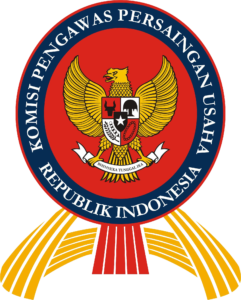
Badan Riset dan Inovasi Nasional
07-11-2022
12-08-2024
ea3deb07-184f-4944-ab1b-629d1b5b6dcb
Coastal marine environments are considered to be the most sensitive areas for th...
Microbial glucose sensors have been developed using Escherichia coli bacterial s...
Escherichia coli asal Jepang telah digunakan sebagai sensor glukosa. Pengembanga...
Pengaturan suhu tubuh pada ikan laut dapat dibagi dua yaitu ektotermi dan endote...
Diffusion of technology plays an important role in the development of Small Medi...
INFORMASI: Data berikut ini masih dalam proses pemenuhan Prinsip SDI.
Technological Capability Upgrading and Entrepreneurship: Case Study of Selected Indonesian Fish Processing Companies
This study analyzes the technological capability upgrading and entrepreneurship in the Indonesian fish processing industry. The analysis viewed from the Sectoral Innovation System (SIS) focuses on two aspects: the enabling factors for innovation, and the role of entrepreneur in technological capability upgrading. The study finds that Indonesian fish processing companies: (i) are less interactive with local universities or other STI (science, technology and innovation) centers, and innovation was mostly done through learning by DUI (doing, using and interacting); (ii) are characterized as low-tech industries with a high standard for food safety and product differentiation; (iii) apply adaptive innovation, modified from existing technology or knowledge, except for the leading companies who apply innovation for new products in the market; (iv) actors, technology, market trends, and networks are the main enabling factors for innovation; and (v) the role of entrepreneurs – especially in building entrepreneurial networks – were dominant in the leading companies. The entrepreneurial networks exist and work in global distribution chains that are widely adopted by companies to export their products through buyer–producer relationships. The pathways toward export markets are: global born directly, fastly learned global, and delay learned global companies. These categories have enriched the Mets category (2012). The policy implications of the findings for government should: (i) facilitate companies’ interaction with local universities or other STI centers; and (ii) encourage domestic companies to improve their competitiveness by shifting to higher added value products through various innovations and trading policy schemes. Journal of STI Policy and Management, 1(1) 2016, 41–57
